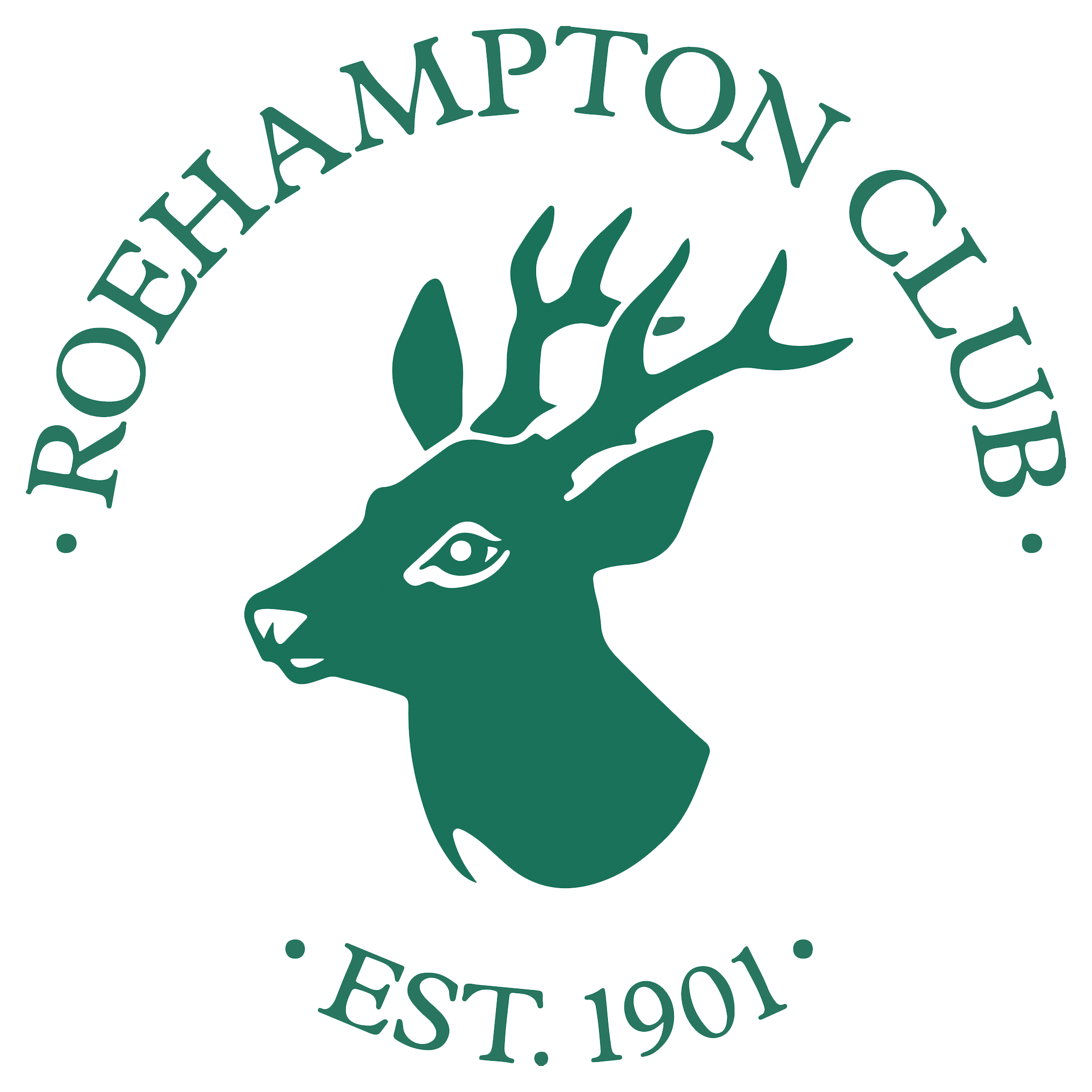From the archives
Click here for the illustrated PDF version
Roehampton Club in the British Newspaper Archives
Following on from a previous article which highlighted the Club’s associations with the newspaper owners at the turn of the 20th Century, it was inevitable that the Club would have appeared in many of the newspapers, magazines and periodicals at this time featuring a range of sporting and social events at the Club including many photographs and illustrations. The British Newspaper Archives, which is part of the British Library, is a vast repository of people, places and events from the past which can now be searched remotely by subscription. The scale of these resources is difficult to imagine when they are described as having more than 37 million pages from hundreds of publications dating back as far as the 1700’s adding more than 100,000 pages each day to add to their collections.
These records can be searched and viewed online enabling another fascinating insight into the history of the Club. It is mentioned no less than 1,500 times, with more than 200 photographs and illustrations in various publications including The Tatler, The Bystander, The Sportsman, The Illustrated Sporting News, The Sketch, The Sphere, The Graphic, and many more. Over the course of the next series of newsletters, excerpts from these archives will be shown with references to key events at the Club and the notable individuals involved.It seems fitting that the first article should involve one of the founding Members of the Club in the Illustrated Sporting & Dramatic News under the title of ‘50 Years of Sport, The Reminisces of Lt Col ED Miller CBE, DSO’ dated 4th April 1925.
Colonel Miller talks about the improvements of London Polo and the founding of Roehampton Club when he, his brothers and a small number of keen players realised that the four existing polo grounds at Hurlingham and the Ranelagh Club could not accommodate the quickly increasing number of players. He makes reference to his brother Charles finding the land on which the Club secured its lease and making the decision with his other brother George to leave the Ranelagh Club and throw in his lot at the newly formed Roehampton Club. With Charles as Managing Director – a position he held for 23 years, Colonel Miller and brother George as Polo Managers, the initial 50 acre lease was used to make three polo grounds but was gradually increased over time to make a golf course, ten Croquet Lawns, a garden and a number of lawn tennis courts. At the time the article was written, the grounds had increased to 105 acres and now comprised of two Polo Grounds, a golf course, ten croquet grounds, no less than 40 lawn tennis courts and stabling for more than 100 ponies
He mentions the most successful period of his polo-playing career in 1901 with the Rugby Club, the difficult times caused by the First World War, the 2,000 Members the Club had recruited up until 1925 and the waitlist of potential new members. The success of his Polo exploits had also ensured a healthy number of accomplished players joining the Club and the skilful management and training of the ponies also added to the burgeoning reputation of Roehampton Club. Colonel Miller was very self-effacing about his own polo skills but very complimentary about his brothers when he spoke about the defensive qualities of his brother Charles or the brilliance of brother George as a goal getter.
He also makes a special mention of his friend, Walter Jones as being the best player to make up the most effective polo team with all three of the Miller brothers. The article also reveals the family business in which the brothers were involved in the trading of polo ponies and the amounts of money that players were prepared to pay for a first season pony. In one example, a fancied pony in the name of ‘Policy’ was sold for 750 guineas in 1899 equivalent to more than £100,000 in today’s money. The Miller family clearly had a good eye for the best ponies as their business over 15 years involved anything between 150 to 175 ponies a year starting at a cost of at least 200 guineas per pony indicating a turnover well in excess of £4m per annum.
As a final note in this first glimpse into the British Newspaper Archives, the society pages in the Daily Sketch in May 1921 include a picture of Mrs Charles Miller alongside the wife of a Romanian Diplomat, the daughter in law of Lord Southborough, the Hon Mrs Frank Hopwood and a member of the Royal House in Portugal, HH The Duchess of Oporto.
